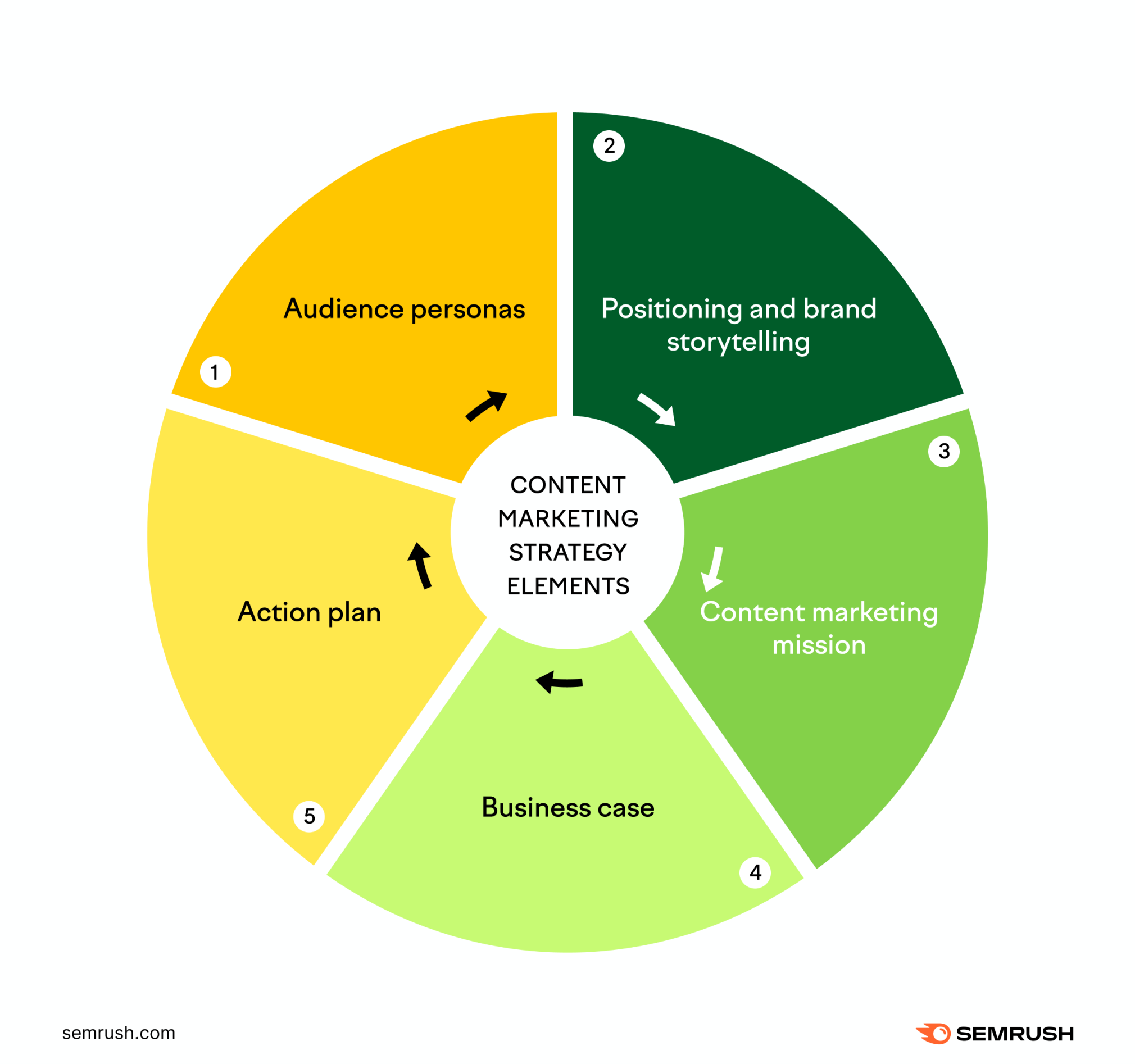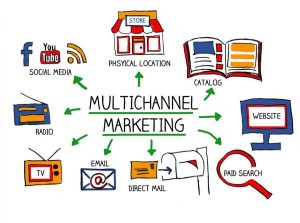
In the world of digital marketing, content is king. Having a well-defined content marketing strategy is crucial for businesses looking to attract and engage their target audience. In this article, we will explore the importance of a content marketing strategy and provide you with tips on how to create one that drives results.
Why is a Content Marketing Strategy Important?
A content marketing strategy is essential for several reasons:
1. Establishing Brand Authority
By consistently creating and sharing valuable content, businesses can position themselves as industry experts and establish brand authority. When consumers trust a brand’s expertise, they are more likely to purchase their products or services.
2. Building Customer Relationships
Through content marketing, businesses can connect with their target audience on a deeper level. By providing valuable and relevant content, businesses can attract and retain customers by building trusted relationships.
3. Generating Leads and Sales
A well-executed content marketing strategy can drive traffic to a business’s website, generate leads, and ultimately increase sales. By providing valuable content throughout the customer journey, businesses can nurture leads and guide them towards making a purchase.
Steps to Create an Effective Content Marketing Strategy
To create an effective content marketing strategy, follow these steps:
1. Define Your Goals
Start by identifying your goals. What do you want to achieve through your content marketing efforts? Whether it’s brand awareness, lead generation, or customer retention, having clear goals will guide your strategy.
2. Understand Your Target Audience
To create content that resonates with your audience, you need to understand their needs, preferences, and pain points. Conduct research, analyze your current customer base, and create buyer personas to gain a deeper understanding of who you are targeting.
3. Create Engaging and Valuable Content
When creating content, focus on providing value to your audience. Whether it’s educational, entertaining, or informative, make sure your content addresses their pain points and offers solutions. Engaging content will encourage users to share and promote your brand.
4. Choose the Right Channels
Select the channels where your target audience is most active. Whether it’s social media, blogging, email marketing, or video marketing, choose the platforms that align with your audience’s preferences and behavior.
5. Develop a Consistent Publishing Schedule
Consistency is key when it comes to content marketing. Develop a publishing schedule that ensures regular content delivery. Whether it’s daily, weekly, or monthly, stick to your schedule to maintain consistency and keep your audience engaged.
6. Measure and Analyze Results
Track and measure the performance of your content marketing efforts. Analyze metrics such as website traffic, engagement, lead generation, and conversion rates. By understanding what’s working and what’s not, you can make data-driven decisions to optimize your strategy.
7. Adjust and Improve
Based on your analysis, make necessary adjustments to your content marketing strategy. Experiment with different content formats, channels, and messaging to find what works best for your audience. Continuous improvement is key to success in content marketing.
Conclusion
A well-defined content marketing strategy is crucial for businesses looking to stand out in the digital landscape. By establishing brand authority, building customer relationships, and generating leads and sales, content marketing can have a significant impact on business success. Follow the steps outlined in this article to create an effective content marketing strategy, and continuously analyze and improve to drive the best results.

